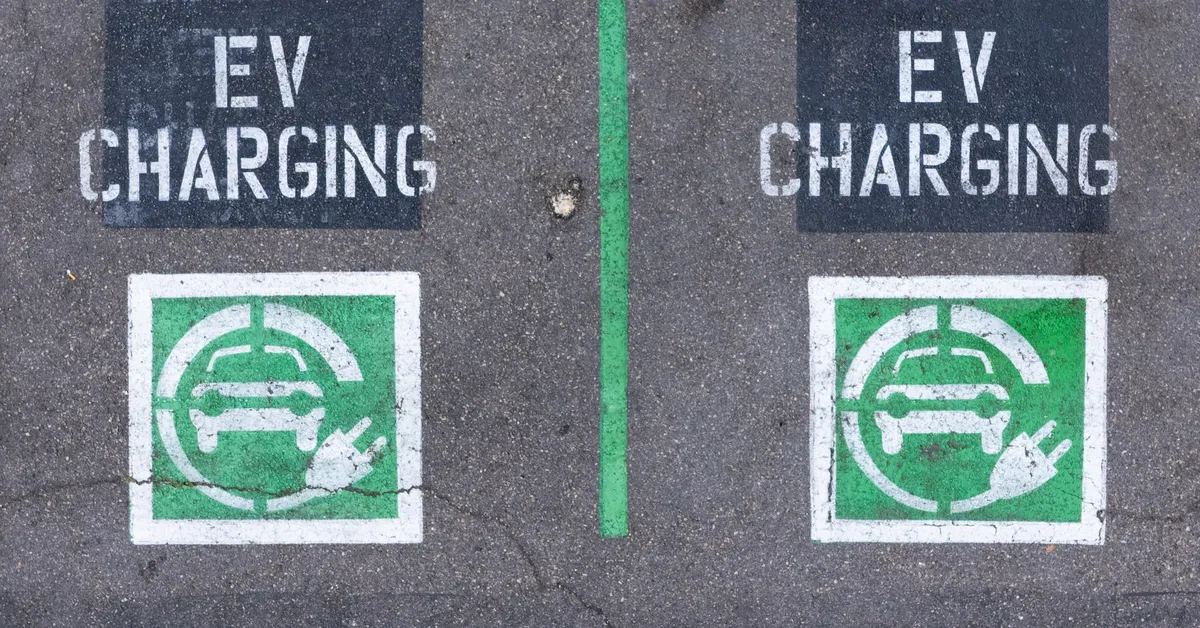
On June 12, 2023, a coalition of 11 states, spearheaded by California, initiated legal action challenging Congress's recent repeal of the state's 2035 electric vehicle rules and heavy-duty truck regulations. This lawsuit follows U.S. President Donald Trump's signing of three resolutions that prohibit California's electric vehicle sales mandates and diesel engine regulations, including a groundbreaking initiative aimed at phasing out the sale of gasoline-only vehicles by 2035.
President Trump declared on the same day, “We officially rescue the U.S. auto industry from destruction by terminating the California electric vehicle mandate once and for all.” In stark contrast, California Governor Gavin Newsom criticized the move, stating, “Trump's all-out assault on California continues, and this time he's destroying our clean air and America's global competitiveness in the process.”
The plaintiffs in this lawsuit, which has been filed in the U.S. District Court in northern California, are seeking a judicial ruling that Trump's repeal of waivers issued by the Environmental Protection Agency (EPA) under President Biden is ineffective against state emissions regulations. According to the lawsuit, the federal government conducted an “illegal playbook” designed to circumvent legitimate procedures that could prevent the dismantling of California’s environmental laws.
The lawsuit includes the states of New York, New Jersey, Colorado, Massachusetts, and Washington. The defendants named in the case are President Trump, the EPA, and its Administrator, Lee Zeldin. A recent report by the Government Accountability Office indicated that the waivers cannot be repealed under the Congressional Review Act, a point that Senate Republicans apparently disregarded in their legislative process.
Under President Biden's administration, the waivers allowed California to mandate that at least 80% of new vehicles sold in the state be electric by 2035, with the remaining vehicles being plug-in hybrids. In addition to the electric vehicle mandates, Trump also signed resolutions that revoked the EPA’s 2023 approval of California's plans to require a growing number of zero-emission heavy-duty trucks and to modify regulations for low-nitrogen oxide (low-NOx) emissions from heavy-duty highway and off-road vehicles.
John Bozzella, CEO of the Alliance for Automotive Innovation, praised Trump's initiative, stating that it acted before the electric vehicle mandates could inflict significant damage on the American auto industry. “This helps restore a degree of balance to U.S. emissions regulations and stands up for customer choice,” he noted.
The EPA responded to the lawsuit, asserting that it lacks merit. Agency spokeswoman Molly Vaseliou described the lawsuit as “nothing more than California throwing a temper tantrum because the American people don't want the state's terrible policies.”
In addition to the lawsuit, a separate bill passed by the U.S. House in May aims to eliminate a $7,500 tax credit for new electric vehicles, impose a new $250 annual fee on EVs for road repair costs, and repeal vehicle emissions rules that encourage automakers to produce more EVs. This legislation would also phase out tax credits for EV battery production by 2028 and eliminate penalties for failing to meet federal fuel economy requirements.
This ongoing legal battle and legislative maneuvering highlight the contentious debate surrounding electric vehicles, state regulations, and federal authority in the evolving landscape of the U.S. auto industry.